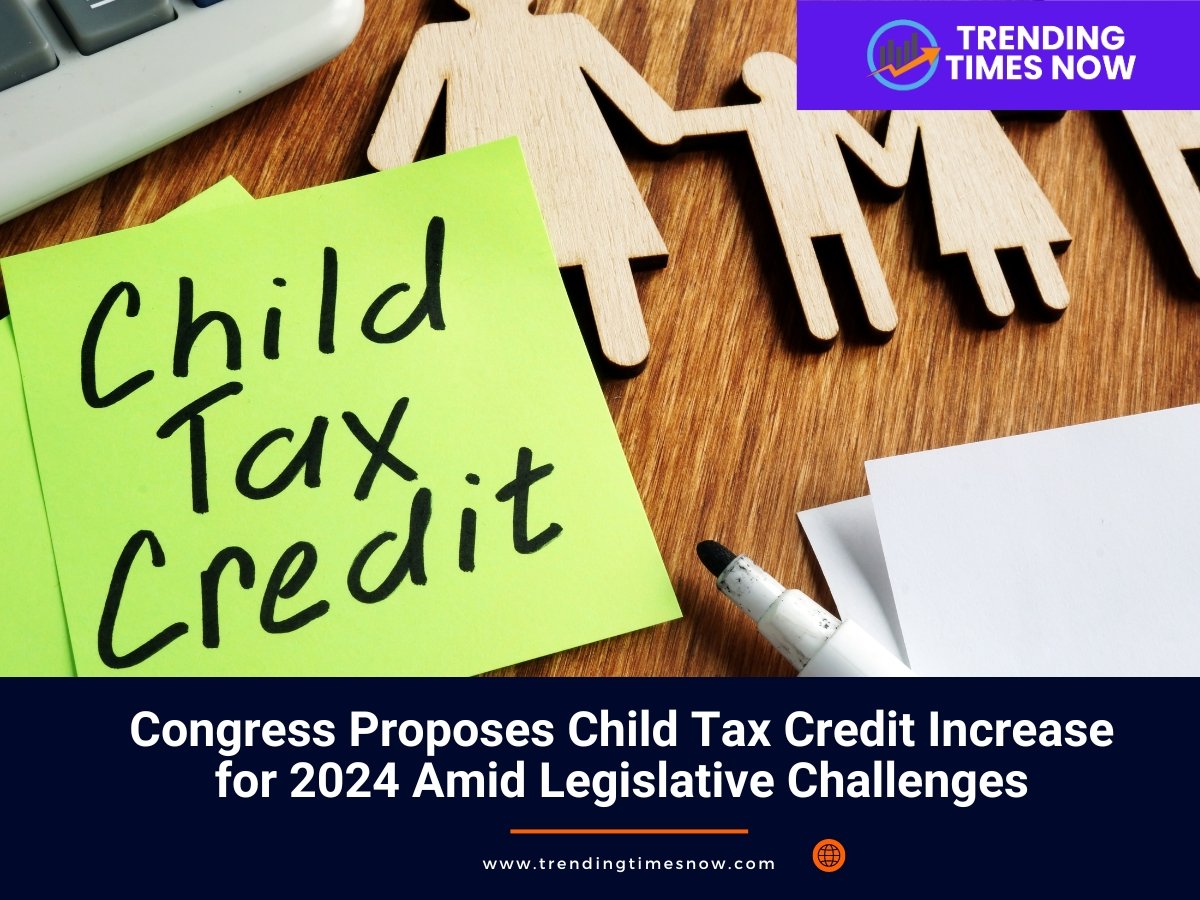The topic of Child Tax Credit increase in 2024 has garnered significant attention due to recent bipartisan efforts in Congress. A proposed $78 billion tax package aims to enhance the child tax credit, along with restoring several business tax breaks. However, this plan faces considerable hurdles before it becomes law.
Contents
Key Developments
Increasing Child Tax Credit
- The proposed legislation aims to increase the child tax credit for the years 2023 through 2025. The maximum refundable credit per child is set to rise from $1,600 in 2023 to $1,900 in 2024, and further to $2,000 (adjusted for inflation) in 2025.
- This expansion aims to address the reduction in child poverty rates and stabilize family finances, as observed during the temporary expansion under the 2021 American Rescue Plan Act.
- Approximately 15 million children from low-income families stand to benefit from this enhanced credit, which will be calculated on a per-child basis, with a credit worth 15% of income per child.
| Year | Current Credit (Per Child) | Proposed Credit (Per Child) | Additional Notes |
|---|---|---|---|
| 2023 | $1,600 | $1,800 | Credit increases by $200 from the current threshold. |
| 2024 | $1,600 | $1,900 | Further increase from 2023, an additional $100. |
| 2025 | $1,600 | $2,000 (adjusted for inflation) | Maximum credit reached; adjustments for inflation will apply. |
Concerns and Opposition
- Some lawmakers and advocacy groups argue that the proposed expansion does not go far enough in making the credit fully available to low-income families. There are also concerns regarding the parity between corporate and family benefits in the tax package.
- Critics point out that the deal tilts more towards corporations, leaving millions of children behind, particularly those in families with lower incomes.
- The legislation is not without its supporters. Some Senate Democrats have expressed satisfaction with the progress, highlighting the benefits for a significant portion of children currently left out of the full Child Tax Credit.
Business Tax Breaks

- To garner bipartisan support, the deal includes provisions beneficial to businesses, such as immediate deduction of research and development costs and 100% expensing of investments in equipment.
- These business tax credits are seen as a means to strengthen Main Street businesses, boost competitiveness, and create jobs.
Path to Passage
- The path to passing this legislation remains unclear, with various obstacles and a tight timeline. The bill may need to go as a standalone bill or be attached to a must-pass bill.
- Key legislators aim to pass the measure in time for the upcoming tax filing season, but the legislative agenda is already packed with other priorities.
Impact on Child Poverty

- The enhanced child tax credit, as seen in 2021, significantly reduced child poverty rates. The current proposal seeks to build on this success, albeit with a less generous expansion.
- Critics argue that without full expansion, the positive impact on child poverty might be limited compared to the 2021 enhancement.
The proposed increase in the Child Tax Credit for 2024 represents a critical effort to support families and reduce child poverty. However, its success hinges on balancing the interests of families and businesses, and navigating the complex legislative process.







